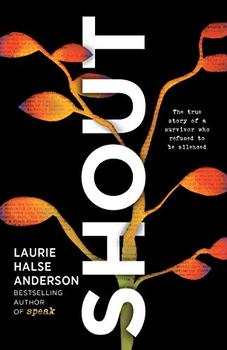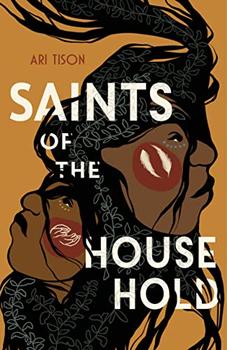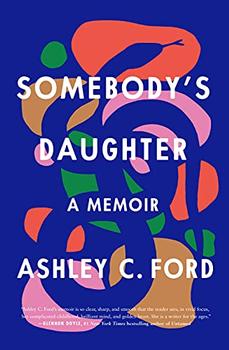Summary | Excerpt | Reading Guide | Reviews | Beyond the book | Read-Alikes | Genres & Themes | Author Bio

Laurie Halse Anderson broke boundaries with her YA novel, Speak, which debuted in 1999. Both banned and awarded, Speak opened doors everywhere for broader conversations about sexual assault. While Shout acts in conversation with Speak, readers do not have to read Speak in order to appreciate the beauty of Halse Anderson's verse and the power of her words. For those who have read her earlier work, references and imagery are sprinkled throughout that enhance the understanding of her writing process and the truth from which her fiction arises.
Shout is both a memoir and a collection of free verse. Structurally, it is broken into three numbered sections, each with named free verse poems that vary in length but generally span one to three pages. The poetry is visceral and begs to be read aloud – fitting for a piece named Shout. Rhythm and repetition often add power to the verse and instill a greater meaning, like the cyclicity of violence or the ripple effect that speaking out about personal trauma can have on others' recoveries. Verse is such an effective structure because the relative sparsity of words versus prose gives each word greater impact. Halse Anderson's phrases are like a hard candy with flavors that can be savored long after the pages are turned. She describes her mouth scrubbed out with soap as "the violence / of generational silence / brutally handed down." Her condemnation of childhood punishment is broadened in this phrase to reflect how deeply engrained violence – and the acceptance of violence – is within our cultural norms.
Her father opens and closes Shout. Her first poem "in the name of love" begins with her father watching his friend die in an accident, then being stationed at Dachau concentration camp after the Allies won World War II. Her father carries his traumas from this period with him, and his struggles reflect a degree of universality throughout the memoir; trauma is trauma, no matter where it comes from. It is no less valid or severe because someone was "hurt differently." Halse Anderson parallels war and sexual assault throughout the novel to great effect. There is, of course, the message that power and violence are central to both. However, it could be said that advocacy against sexual assault is fighting a war for bodily autonomy – and many of the later poems discuss her attempt to fight that war through advocacy and education.
Shout should not be reduced to a piece about sexual assault. It is also a memoir rich with childhood memories and family, and how they shape identity. It is set against the changing cultural landscape of America, through poetry that spans from the 1940s to the present. Often, before Halse Anderson's truly gut-wrenching stories of survival, there are poems that demonstrate the insidious, little ways that sexual violence permeates everyday life. She writes about the boys who, in her talks at high schools, ask "so what's the big deal?" They don't understand the long-term effects of sexual assault, which she blames on a lack of education about both consent and sex itself. This piece feels like it could be written for them, as it honestly captures the struggle of processing grief and trauma, as well as how little inequities and harassments can snowball into something much darker. However, this story is also written for survivors. Through the power Halse Anderson displays by speaking out, she encourages others to do the same.
Shout is a brilliant mix of raw and refined free verse that captures vulnerability and strength. It is a must-read for teens and adults alike.
![]() This review was originally published in The BookBrowse Review in April 2019, and has been updated for the
March 2020 edition.
Click here to go to this issue.
This review was originally published in The BookBrowse Review in April 2019, and has been updated for the
March 2020 edition.
Click here to go to this issue.

If you liked Shout, try these:

by Ari Tison
Published 2025
Saints of the Household is a haunting contemporary YA about an act of violence in a small-town - beautifully told by a debut Indigenous Costa Rican-American writer - that will take your breath away.

by Ashley C. Ford
Published 2022
One of the most prominent voices of her generation debuts with an extraordinarily powerful memoir: the story of a childhood defined by the looming absence of her incarcerated father.
Your guide toexceptional books
BookBrowse seeks out and recommends the best in contemporary fiction and nonfiction—books that not only engage and entertain but also deepen our understanding of ourselves and the world around us.